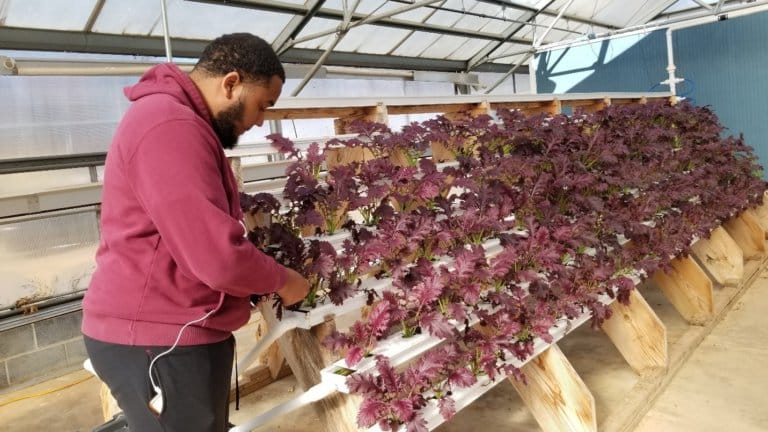
There is no denying the importance of agriculture. The United Nations predicts that by 2050, the world population could reach 9.7 billion, increasing the number of people who will need access to food, water and other resources. In 2023, over 345 million people are experiencing high levels of food insecurity, surpassing the figure from 2020 by more than two-fold.
What these figures show is the world needs more skilled agriculture professionals. They play key roles in sustaining human life as well as leading us towards achieving other big goals such as ending extreme poverty and boosting shared prosperity. Making a difference is a common outcome of a degree and subsequent career in this field.
If this sounds like the future you envision for yourself, start with a degree that lets you learn from the best and turn your passion for agriculture into an impactful profession. Here are four universities with a track record of nurturing graduates who can and have made a real impact in the world:
University of the District of Columbia
A quick metro ride from the White House lies the University of the District of Columbia (UDC). It’s a location befitting its status as the only urban land-grant institution in the nation and the impact of its programmes on the rest of the US — especially those offered by the College of Agriculture, Urban Sustainability, and Environmental Sciences (CAUSES). Research-based academic and community outreach programmes here improve the quality of life and economic opportunity of people and communities in the District of Columbia, the nation and the world.
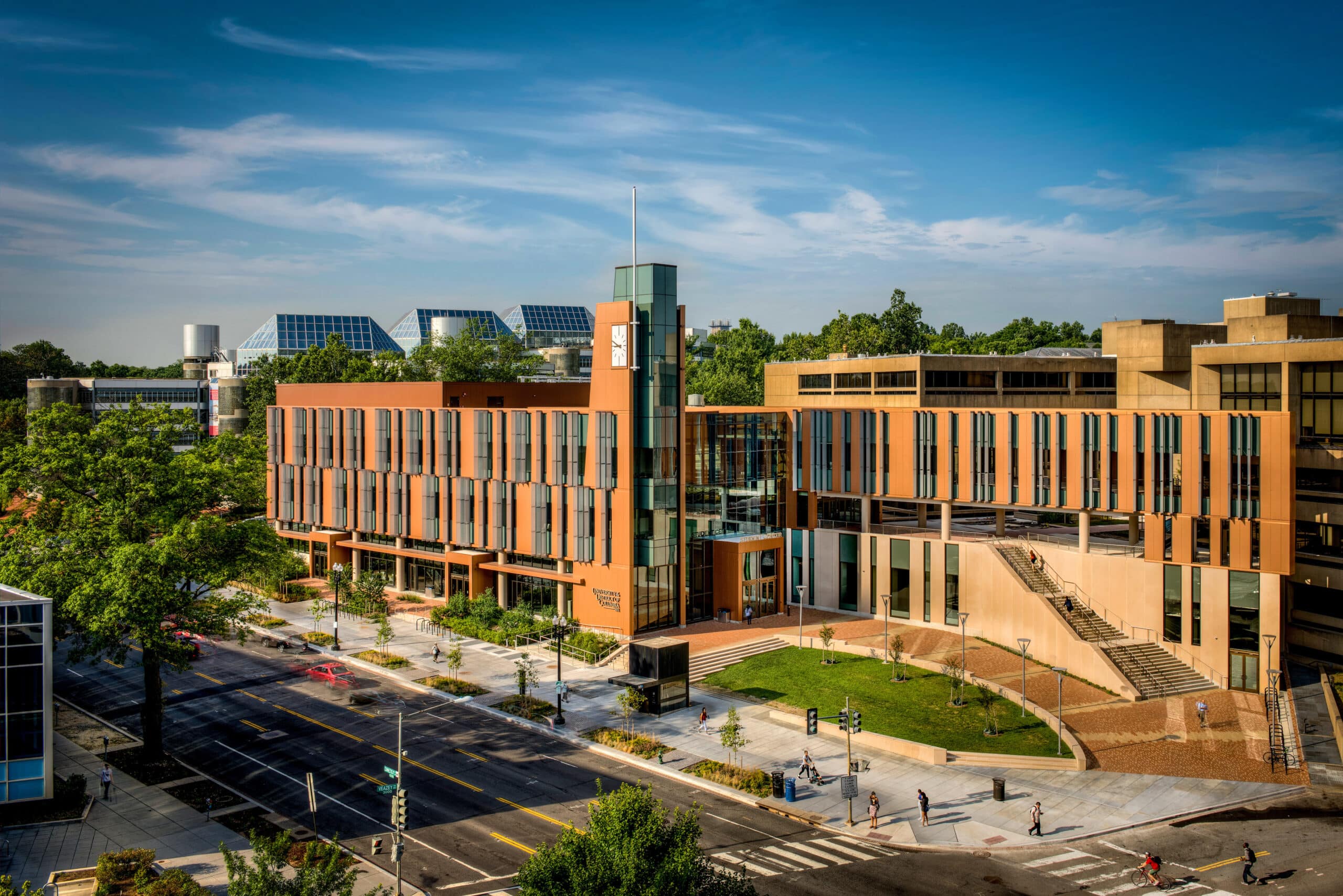
Source: University of the District of Columbia
All of the graduate programmes in CAUSES engage students in thinking and doing through applied research and projects in and around DC, which aligns with the university’s mission as a land-grant university. For example, students can combine their programme with research at the university’s Firebird Research Farm. It was established by the US Department of Agriculture to research and test techniques in urban agriculture that are consistent with sustainable practices.
To prepare for science careers in business, government, or non-profit organisations, choose the Professional Science Master’s (PSM) Degree Programme. The PSM in Urban Agriculture, Urban Sustainability, or Water Resources Management combine theory and practice to develop in-demand hard and soft skills, including analytics, critical thinking, effective communication, problem-solving, quantitative and qualitative research skills, project design and implementation, entrepreneurship, and sustainable leadership. Scholarships are available here.
Those passionate about the built environment can opt for the Master of Architecture (MArch), which is accredited by the National Architectural Accrediting Board (NAAB). In recent years, students pursing this degree have received national awards for excellent academic performance and leadership as well as competitive internships and fellowships that include financial awards from the American Institute of Architects (AIA).
To become scholar-practitioners, choose the PhD Programme in Urban Leadership and Entrepreneurship, the only of its kind in the US. Unlike most traditional doctoral programs, to complete this degree, students will present a public lecture — summarising two published papers — where their thesis committee members serve as discussants.
University of Guelph
Situated near Toronto is the city of Guelph, home to a university that aims to produce graduates that will make a difference for tomorrow. While the university is located in a small city, its mission is nowhere near small.
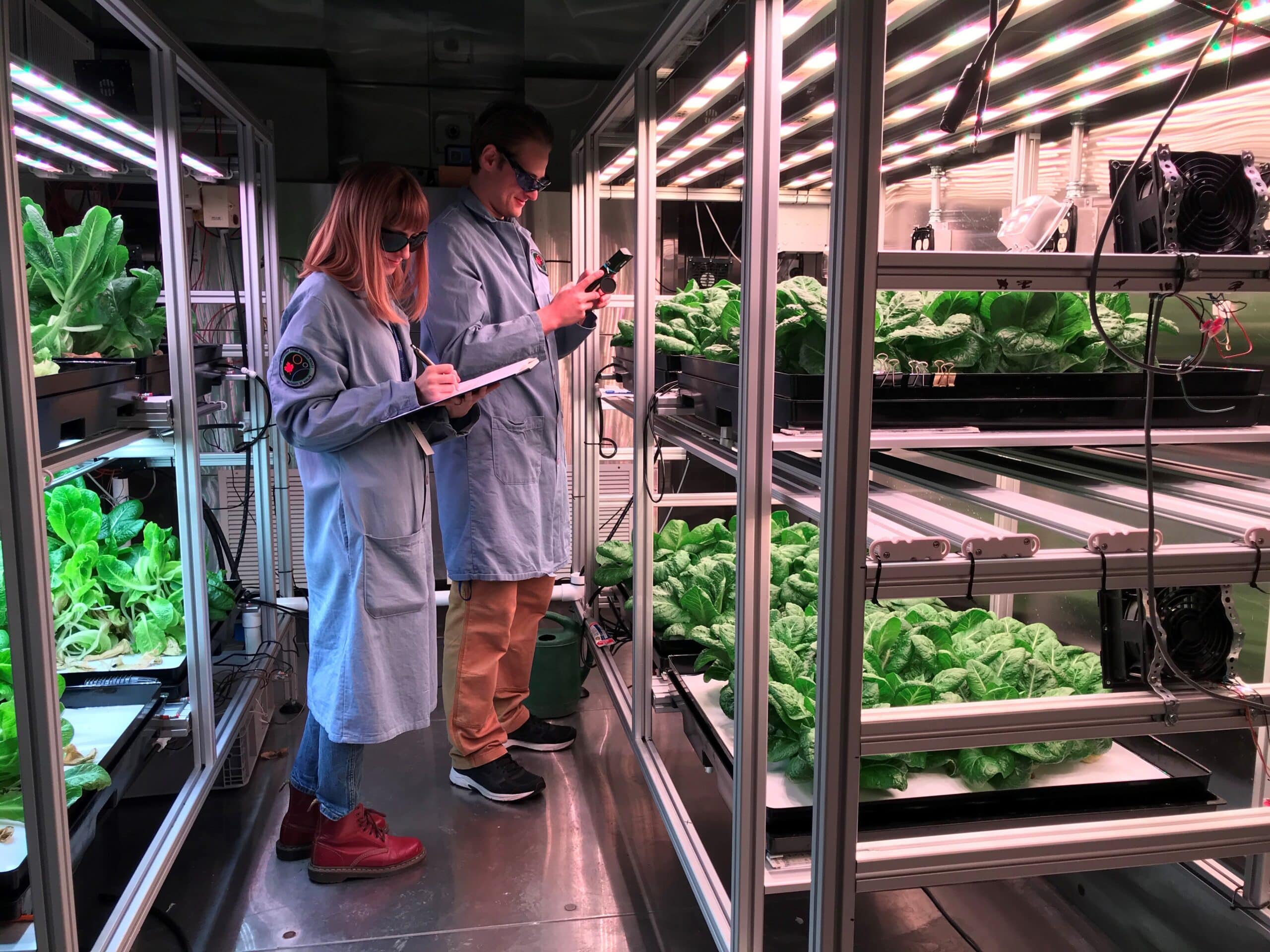
Source: Ontario Agricultural College, University of Guelph
The Ontario Agricultural College (OAC) of the University of Guelph offers programmes that are designed to create leaders that will boost the agriculture industry. Founded in 1874, OAC is the oldest and largest agriculture and food faculty in Canada.
Though established many years ago, the university maintains its position as the top university in Canada and 12th in the world for agricultural sciences. This comes as no surprise as programmes here have led many graduates to rewarding careers in the food, agriculture, planning and development or environmental sectors.
The university offers various programmes, including Plant Agriculture, Food Science, Animal Biosciences, Environmental Science, Food, Agricultural and Resource Economics, Landscape Architecture, Rural Planning and Capacity Development and Extension.
OAC is renowned for its hands-on approach and its unique professional development and leadership opportunities. The skills and knowledge gained have contributed to many of their graduates securing work opportunities in various sectors, such as Management and Administration, Agriculture, Research and Development, Health Services and Rural and Urban Planning.
Ready to make an impact in the world? Arm yourself with a degree from an institution renowned for its research, teaching and knowledge extension in the broad areas of food, agriculture, communities and the environment.
Florida A&M University
With a low student-to-faculty ratio affording individual attention for each student, Florida A&M University’s College of Agriculture and Food Sciences (CAFS) is the ideal school to learn the right tools to tackle the challenges of the 21st century. The school’s research centres focus on viticulture and small fruits research; preserving the water quality of North Florida watersheds research; strategic research for the management of invasive pest species; a livestock and crop improvement programme, and many more.
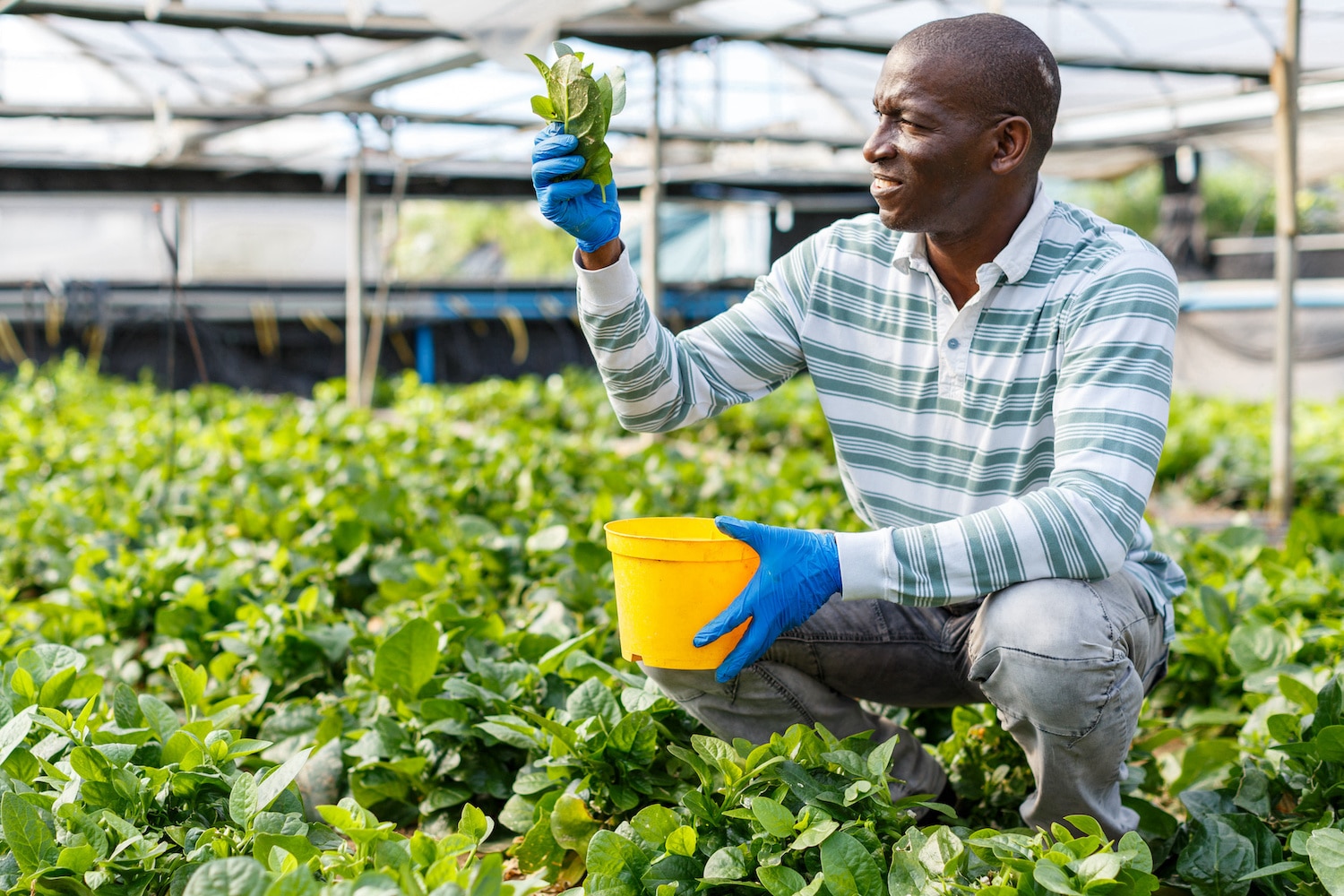
Source: Florida A&M University
As the land-grant college within Florida A&M University, CAFS has a Cooperative Extension Programme (CEP) that provides research-based information to Florida’s farmers, communities and those in the agriculture business. Exploring both rural and urban areas, the CEP programme aims to improve the quality of life of everyone involved.
CAFS also includes a few outreach programmes that directly help the community. Under Agriculture and Natural Resources, the aim is to increase awareness and make efficient use of Florida’s natural resources by way of educational programmes for smaller-scale producers. There is even the Family and Consumer Sciences programme for individuals and families to learn the skills for healthy and financially independent lives.
“Although our research is geared to solve local problems, many of our research findings also have widespread, global applications,” says Stephen Leong, Associate Dean for Research.
Oregon State University
The College of Agricultural Sciences at Oregon State University is a leader in the study of natural resources, life sciences, environmental quality, and rural economies. A fundamental part of the university’s land-grant mission, the college is focused on creating knowledge to solve problems and discover new opportunities for the future.
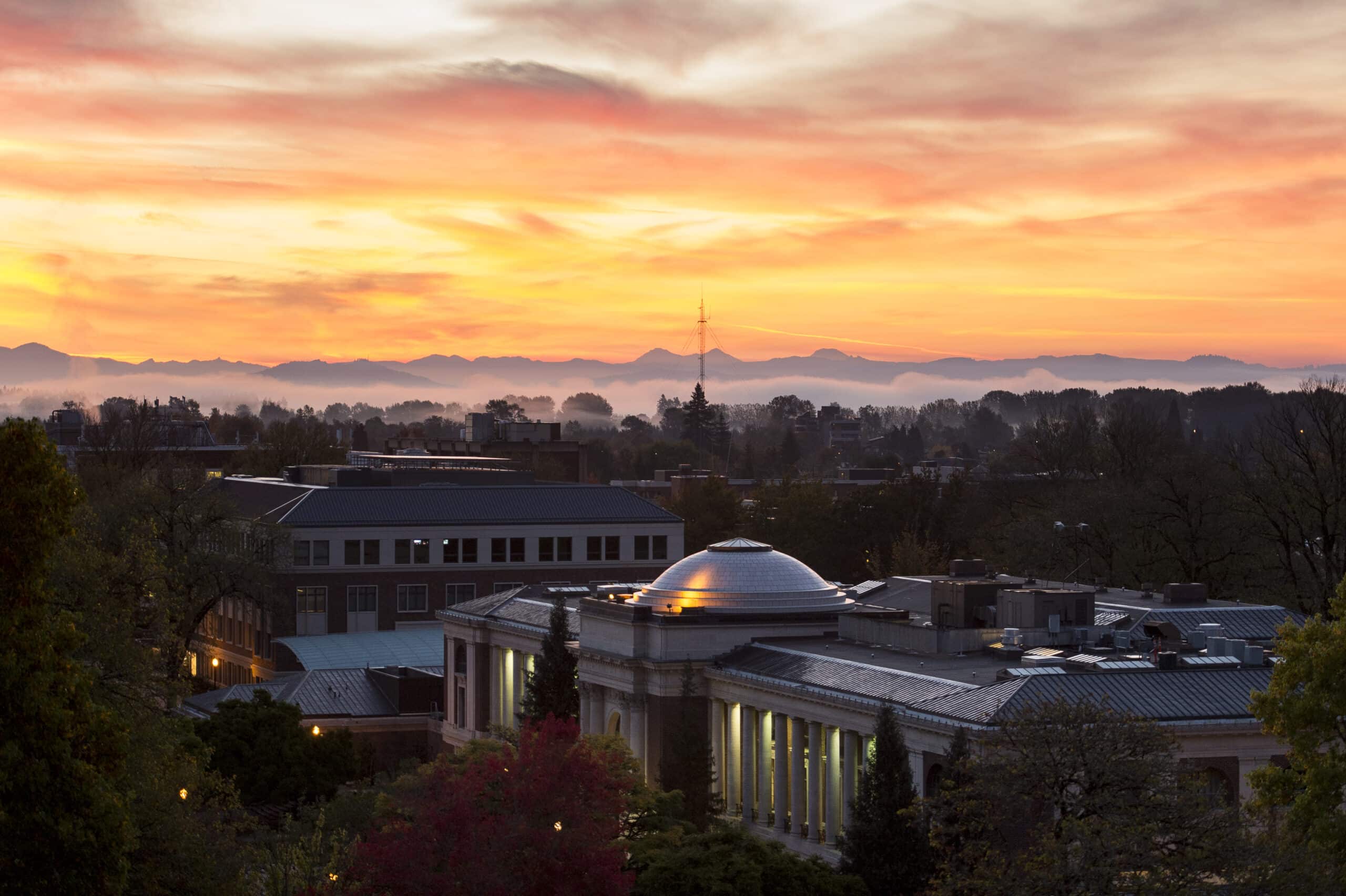
Source: Oregon State University
Its postgraduate lineup consists of programmes in Animal Sciences; Applied Economics; Botany and Plant Pathology; Crop Science; Entomology; Fisheries Management; Food Science and Technology; Horticulture; Microbiology; Organic Agriculture; Toxicology; Wildlife Management; and more.
“The density of Oregon’s diverse agricultural, environmental, and social landscape is unmatched. From our vibrant coastal communities to our high desert ecosystems, more than 531,000 jobs are associated with the agriculture, food and fiber industry in Oregon with an overall economic impact from the food system of US$42 billion,” says Staci L. Simonich, Dean and Reub Long Professor.
“Striking a careful balance between conservation and production, we equip future leaders to solve complex challenges as we partner with industries and communities in our tireless commitment to make tomorrow better for everyone.”
*Some of the institutions featured in this article are commercial partners of Study International










